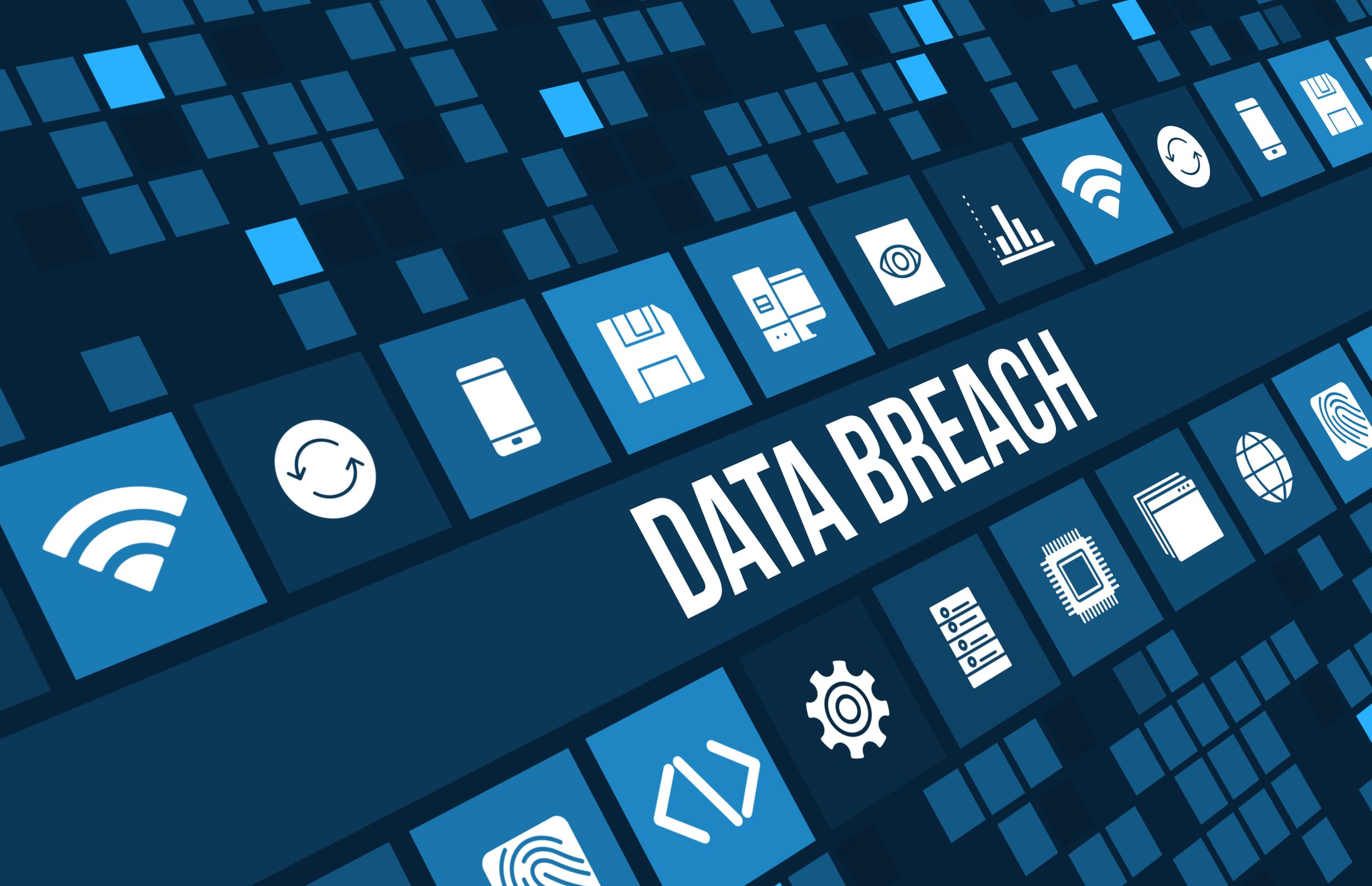BOLO: Lawyers Need to Understand The March 2024 AT&T Customer Data Breach: What Happened, How It Affects You, And What Can We All Learn from It!
/What can AT&T Recent data breach teach lawyers about cybersecurity in their professional and personal lives? 🧐
Understanding The March 2024 AT&T Customer Data Breach
In March 2024, AT&T (note that I am an AT&T customer), a leading telecommunications company, faced a significant security breach that compromised the personal identification information (PII) of millions of its customers. This incident has raised concerns over digital safety and the protection of personal data. The breach was orchestrated by sophisticated cybercriminals who exploited vulnerabilities in AT&T's security systems to gain unauthorized access to customer databases. The exposed data includes sensitive information such as names, addresses, phone numbers, and in some cases, more critical details like social security numbers and financial information.
This breach not only undermines the trust between AT&T and its customers but also poses a considerable risk to those affected. Individuals whose data has been compromised are now at an increased risk of identity theft, phishing scams, and financial fraud. Understanding the nature and scope of this breach is crucial for taking proactive steps to safeguard one's digital identity. It highlights the ever-present dangers in our digital world and serves as a stark reminder of the importance that we all must maintain robust security measures both at an individual and corporate level.
Lawyers can take some simple steps to reduce the chaos from potential cyberthreats! 😀
Protecting Your Personal Information: Steps To Take In Response To Any Online Account Security Breach
To mitigate any risks from a similar security breach, several steps should be undertaken promptly.
First, impacted customers should initiate a thorough review of their account statements and credit reports. This involves scrutinizing transactions for any discrepancies or unauthorized activities that could indicate misuse of stolen information. Early detection is crucial in preventing potential financial damage.
Furthermore, changing passwords and security questions for online accounts becomes a necessary precaution following such a breach. Opting for complex passwords and enabling two-factor authentication where available adds an extra layer of security, making it more challenging for malicious actors to gain unauthorized access.
Another vital step includes placing fraud alerts on credit reports. By contacting one of the major credit bureaus—Experian, TransUnion, or Equifax—a fraud alert can be set up to notify potential creditors to verify identity before extending credit in your name. This acts as an additional safeguard against identity theft.
staying informed about developments related to data breaches affecting lawyers and their clients is essential to maintaining your client’s PII and Confidential secrets.! 👩🏻💼
For those particularly concerned about the long-term implications of the breach on their financial security, considering a credit freeze may be wise. A credit freeze restricts access to your credit report, effectively preventing new lines of credit from being opened in your name without your explicit consent.
Lastly, staying informed about developments related to the breach is essential. AT&T and relevant authorities are likely to provide updates and further guidance on protective measures; hence keeping abreast with this information will ensure you're taking all necessary steps to secure your personal data post-breach.
Stay Safe Out There!










